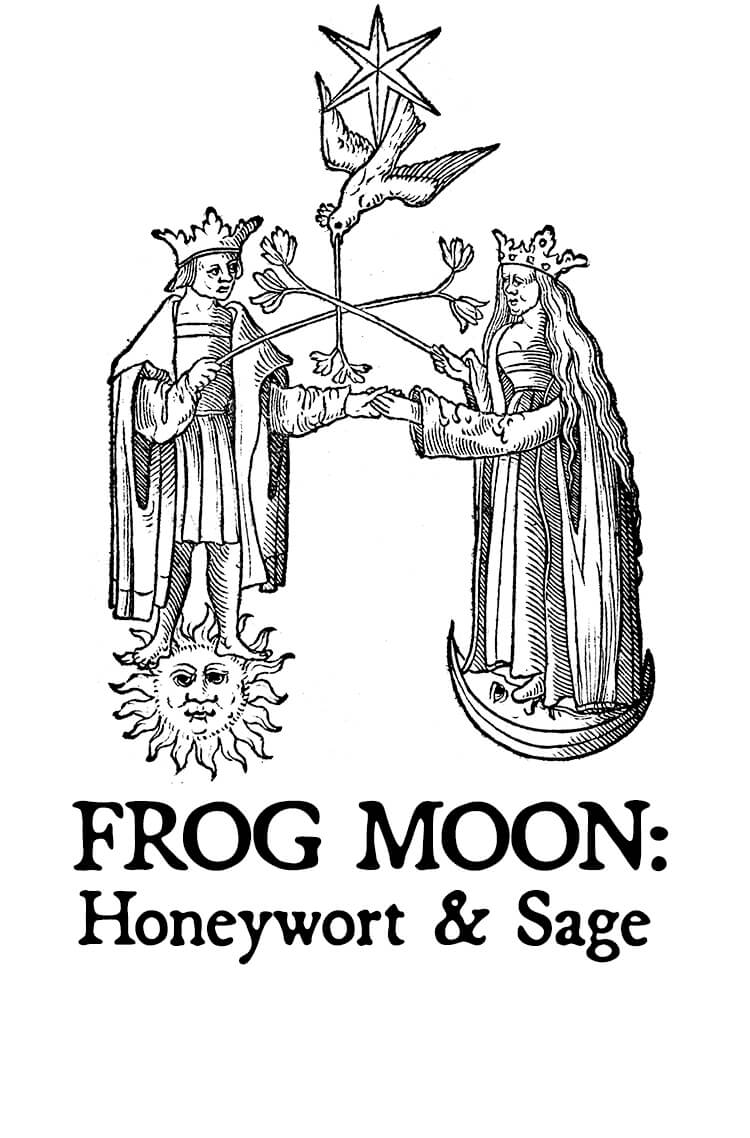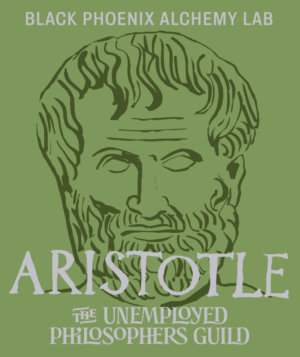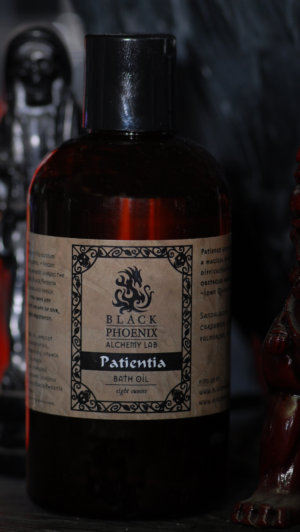Frog Moon: Honeywort and Sage Perfume Oil
$30.00
You must be logged in to post a review.
Related products
-
The Woman at the Edge of the Woods Perfume Oil
Add to cart“This is the primal threat in our earliest stories: a woman who lives on the outskirts of civilization, rejected by her community; a woman who is old, ugly, asexual; a woman who is, alternately, too beautiful, too sexual, too self-possessed; a woman who knows things others don’t know, and can do things others can’t do. When the loop of patriarchy closes, it can feel inescapable. Yet the way to freedom has been here, in our monster stories, all along. From the beginning, we’ve known that a woman who leaves society as we know it, who heads out to the dark and threatening spaces beyond the world we’ve built, will find not her death but her power.”
A scent of power and wisdom, resilience and rage: a patchouli bramble embraced by creeping ivy and rose thorns, protecting a glade populated with mandrake root, yarrow and nettle, Roman chamomile, purple sage, elderberries, sweet myrrh, smoky vanilla husk, and willow branches.
-
Aristotle Beard Oil
Add to cartARISTOTLE of Stagira (384 BCE – 322 BCE)
His Poetica saved the cat 23 centuries before the first screenwriting how-to book.
The history of Western logic begins with his Organon.
Aristotle studied under Plato, who studied under Socrates, and this ancient Greek beardy trinity became known as the “fathers of Western philosophy.”
The founder of the Peripatetic school (named for his custom of walking as he lectured), Aristotle systematically examined human endeavor and the natural world. Though some of his ideas were just plain inaccurate, he not only invented an early version of the scientific method, he was first to categorize similar living things by group, and sorted his treatises by topic (ethics, semantics, economics, politics, religion, zoology, biology, physics) substantially as we study and practice the arts and sciences today.
Aristotle’s writing blew away contemporaries; yet of 200 works, all that remain are a few dozen crummy sets of lecture notes and compilations by students and students of students.
We may have lost his legendary eloquence, but even the literary shadows of his original compositions illuminate our thinking a couple of thousand years later.
If you are the type who likes to stroke your beard and think or to pace and stroke your beard and think, or to pace and stroke your chin and think – for do we have incontrovertible proof he had a beard? – Aristotle will give you something to think… about your beard.
Gentlemen, see Historia Animalium, Book III, Ch. 11:
In some cases among men the upper lip and the chin is thickly covered with hair, and in other cases these parts are smooth and the cheeks are hairy; and, by the way, smooth-chinned men are less inclined than bearded men to baldness.
Ladies, see Historia Animalium, Book III, Ch. 11, a few paragraphs earlier:
Women do not grow hairs on the chin; except that a scanty beard grows on some women after the monthly courses have stopped; and similar phenomenon is observed at times in priestesses in Caria, but these cases are looked upon as portentous with regard to coming events.
Thinking about starting an argument? If you’re not starting with Aristotle, maybe you’re not doing it right.
Oman frankincense, Greek sage, and white juniper.
-
Patientia Bath Oil
Add to cartPlease note all bath oils are 4oz
Sandalwood, benzoin, cardamom, calamus, palmarosa, and sage.
Patience and perseverance have a magical effect before which difficulties disappear and obstacles vanish. — John Quincy Adams
4oz Bottle
-
The Bow & Crown of Conquest Perfume Oil
Select Options This product has multiple variants. The options may be chosen on the product pageAnd I saw, and behold a white horse: and he that sat on him had a bow; and a crown was given unto him: and he went forth conquering, and to conquer.
Nobility and haughtiness befitting the Antichrist: sage, carnation and cedar with lavender, vanilla, white musk and leather.
And when he had opened the second seal, I heard the second beast say, Come and see.





Reviews
There are no reviews yet.